Far too many New Zealand homes suffer from cold and damp conditions, impacting the health and well-being of kiwi families. Launched in 2010, Homestar is an independent rating system that rates the health, efficiency, and sustainability of New Zealand homes on a scale of 1-10. It evaluates various factors such as energy, water, waste, ventilation, health, and comfort.
A 10 Homestar home delivers warmth, comfort, and almost zero energy bills, which reflects the long-term value of investing in a high-performing home. For comparison, houses built to the New Zealand building code typically achieve a 3 or 4 Homestar rating. NK Windows is proud that our uPVC products help enable New Zealand homeowners to live in warmer, healthier homes.
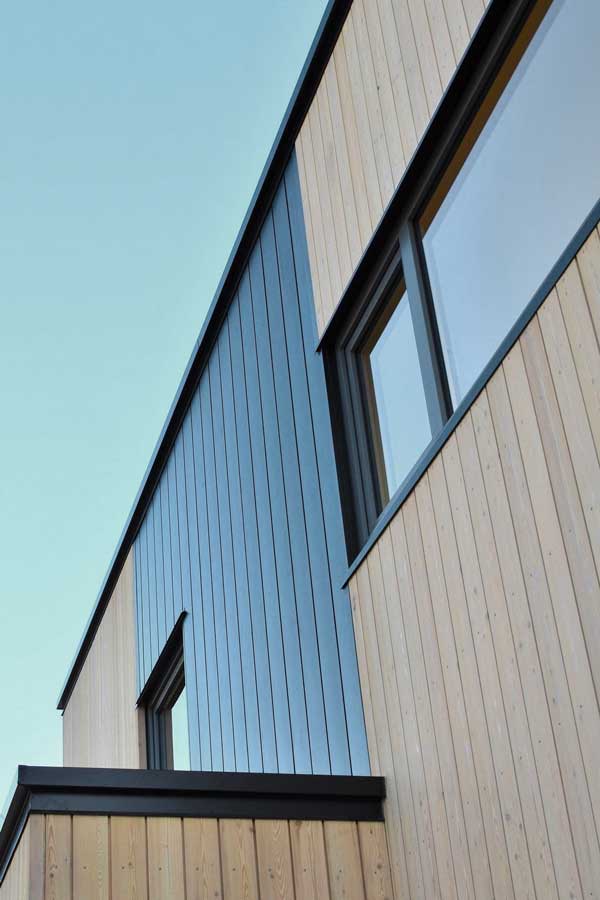
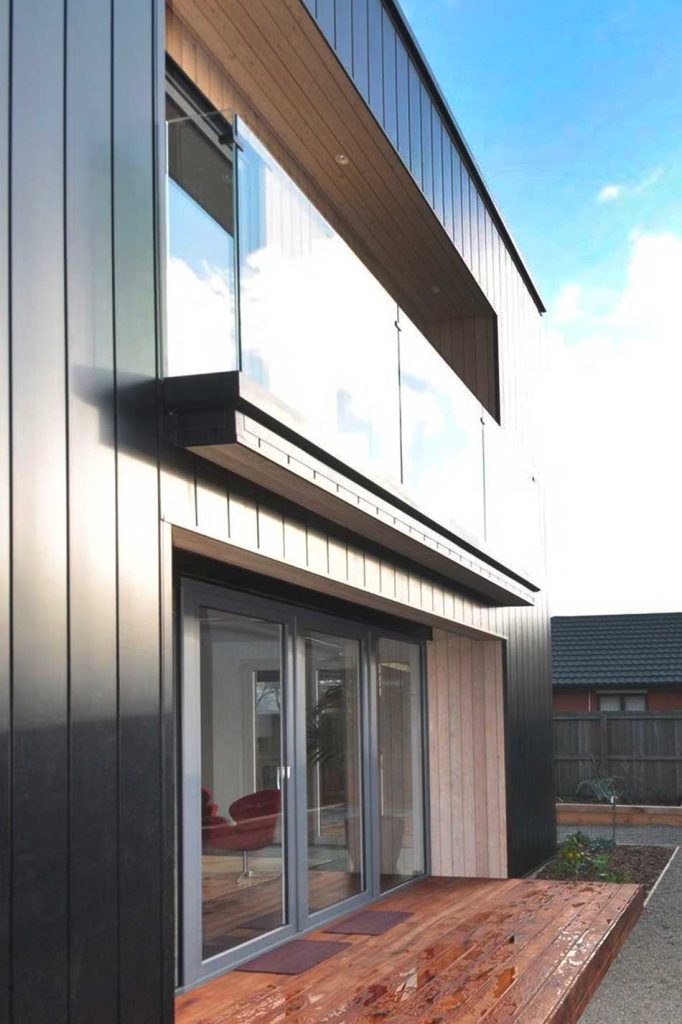
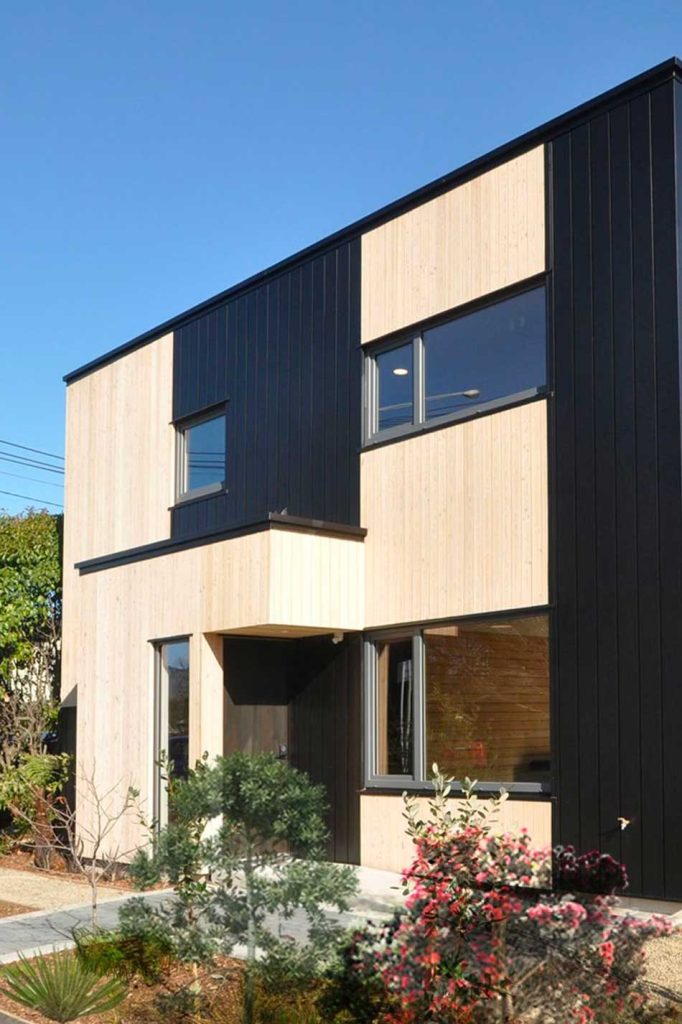
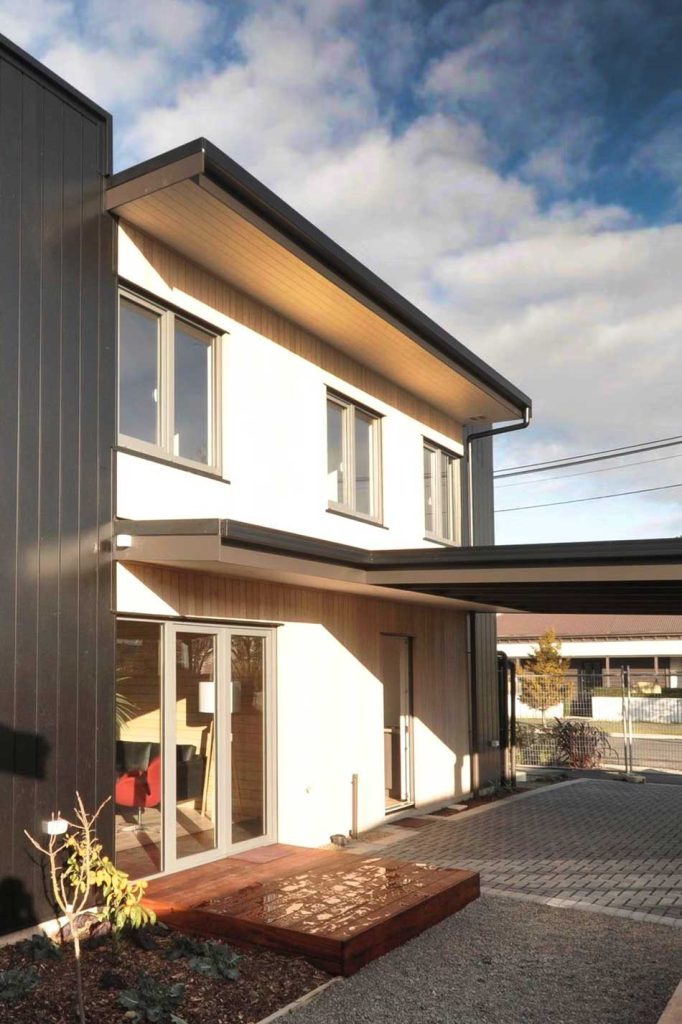
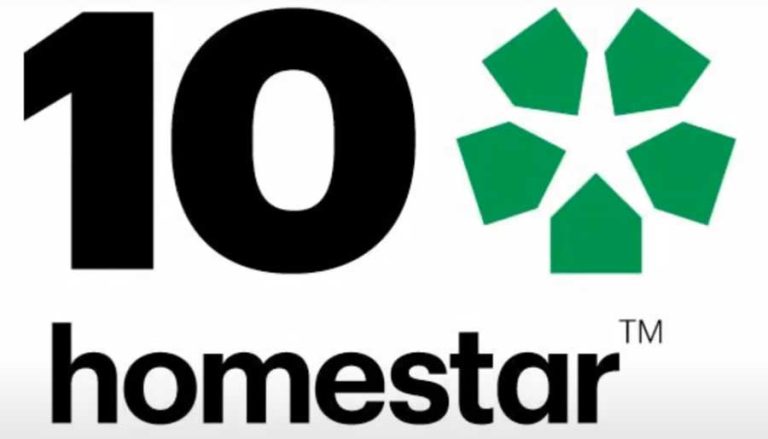
In 2016, we proudly became the window and door designer, manufacturer, and installer of choice for New Zealand’s first 10 Homestar Built-rated house.
Developed by Christchurch-based architectural designer, Bob Burnett, this house offers constant warmth, dryness, and almost zero energy bills. All external windows and doors were supplied by us, featuring standard double-glazed windows with argon and Low-E. Approximately, 75% of all windows and doors we provide use the same glazing options.
Building a green, efficient home doesn’t have to break the bank. The additional cost to build a 10 Homestar home compared to a basic code-compliant one is approximately 10% extra. To build a 6 or 7 Homestar-rated home costs only about 2% more, while offering owners the potential to halve their heating costs. The whole-life value of an efficient home far exceeds a code-compliant one, providing a warm, dry, and comfortable living environment for homeowners.
Unfortunately, most people view the New Zealand building code as a target, when really it should be viewed for what it is – a minimum standard. Building ‘just to code’ will deliver home that achieves a low 3 or 4 Homestar rating.
During the non-summer months that home will not particularly comfortable to live in and generate much higher heating costs. When considering the additional comfort and health benefits from living in a warm and dry home, plus the small incremental cost of getting to a higher standard, the investment is well worth it.
Homestar certification enhances resale values by ensuring homes are energy-efficient, environmentally friendly, and offer healthier living environments. Prospective buyers are increasingly drawn to properties with lower operating costs and reduced environmental footprints, making Homestar-certified homes more desirable in the real estate market. The certification serves as a testament to the home’s quality construction and sustainability features, instilling confidence in potential buyers and commanding higher resale prices. Ultimately, Homestar certification offers homeowners both financial benefits and the satisfaction of contributing to broader sustainability goals.
Our passion for creating homes filled with warmth and comfort extends to every detail, including the colour of your windows. We keep it real, offering a variety of choices without overwhelming you with unnecessary options.
We welcome you to come and visit our showroom and see our wide collection of laminate samples, offering a real sense of the textures and finishes that will enhance your living spaces.
The uPVC profile undergoes precision cutting and welding, with steel insertion and the fitting, testing, and glazing of opening and locking hardware all taking place in our Christchurch factory. Additionally, our glass is custom processed and cut in Christchurch by Viridian Glass.
PVC is short for polyvinyl chloride, a type of plastic widely used in construction and various industries since the 1950s. uPVC, or unplasticised PVC, is a specific form of PVC that is highly suitable as a material for window frames.
Its versatility allows it to be used in diverse applications, ranging from window frames and pipes to everyday items like credit cards, water bottles, and blood bags.
Absolutely. The roots of uPVC windows trace back to 1959 when the first commercially available windows graced homes in Germany. Over the years, technology has advanced, and yet, some of those initial uPVC windows are still standing strong. In fact, more than 60% of European homes now boast the reliability of uPVC windows and doors.
Absolutely. Our PVC profiles are crafted with New Zealand’s climate in mind, including those intense UV rays. The same robust formula stands resilient in high UV areas worldwide, from the Middle East to Australia and Latin America.
Definitely. Many of our customer projects involve renovations. We understand the importance of preserving character, and our robust uPVC frames are perfect for bungalows and villas.
No. “uPVC windows” refers only to the frame material. We have access to the same glass options as aluminium and wood window suppliers through our partnership with Viridian Glass based in Christchurch. Most common options include:
Its versatility allows it to be used in diverse applications, ranging from window frames and pipes to everyday items like credit cards, water bottles, and blood bags.
Regular cleaning and maintenance are essential for all windows, as they can accumulate stains and damage over time due to pollution, weather, and various other factors. By adhering to proper cleaning and maintenance guidelines, you can optimize the appearance, functionality, and longevity of your windows.
To simplify the process, we have created a straightforward guide to assist you in caring for your windows.
Navigating the regulations for planning permission can be intricate and perplexing, particularly in determining when it is required or not. Permitted Development offers the opportunity to undertake specific home development projects without the necessity for planning permission. However, it is crucial to accurately adhere to planning guidelines to prevent any costly errors. Talk to one of our team today to find out more.






